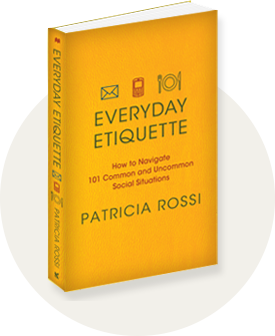When a close friend of family member is in the hospital, it is important to show your support in the appropriate ways. Regardless of the reason for the patient’s hospital visit, visiting that person lifts their spirits and aids in a speedy recovery.
Below are hospital etiquette tips that will help you be present for those close to you, when they need it most.
No Phones. You won’t want your phone to take pictures or answer messages, you are there for the patient. The visit will be short, so it is important to be present and check in with your loved one. Hospital visits can be lonely as the patient works to recover. Focus on how you can best support them. Listen to their stories and share positive current events.
Keep Your Opinions to Yourself. The patient may have the same condition as Uncle Rick but resist the urge to share details of how fast he recovered or the symptoms he endured. This is not the time to share Uncle Rick’s experience, focus on the patient. Keep the conversation light and positive. Never express how ill the patient looks or comment on the extensive amount of tubes/wires.
When to Go. Never show up unannounced. Always reach out to the patient’s family before planning your visit. Some hospitals have strict rules or visiting hours that you want to be in accordance with. This is also a great opportunity to check in and see how you can be of help. How can you support the patient and their family to ease their responsibilities?
What to Bring. While balloons or flowers are fun, traditional go-to gifts they can be difficult for the patient to bring home with them. Aim for purchasing gifts that will help keep them occupied or comfortable. A great option is a small basket with their favorite magazine, lotion, lip balm, socks, or colored pens. These gifts are all things the patient can continue to use at home while they recover.
When to Leave. It is a good time to say your goodbyes if a doctor comes into the room, other family stops by, or you can sense they need to rest. Take a pulse on what maybe needed. Could you grab a few extra bottles of water or a pair of slippers to aid in their recovery?
Wash your Hands. Cleaning your hands keeps both you and the patient safe. Typically, you think of washing away the germs after your visit but a rinse before will keep the patient from being exposed to outside hospital germs. You can read more about escaping the germs by reading my article on Flu etiquette.




